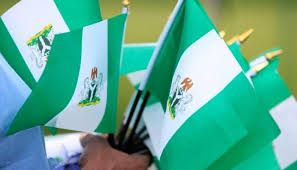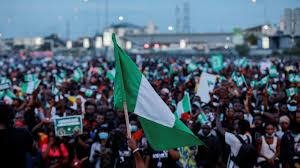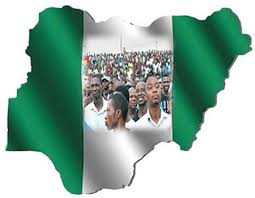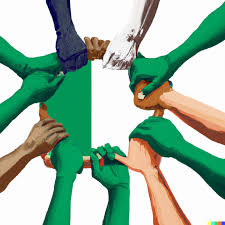Nigeria, often hailed as the "Giant of Africa," boasts a rich mosaic of over 250 ethnic groups, more than 500 languages, and a wide range of cultural and religious identities. This vast diversity, while a source of pride, has also presented significant challenges, particularly when it comes to inclusion and national cohesion. However, by embracing diversity and fostering inclusion, Nigeria can turn its multifaceted identity into a powerful engine for unity, peace, and sustainable development.
Diversity refers to the variety of ethnic, cultural, religious, gender, and socioeconomic differences within a society. Inclusion, on the other hand, is the deliberate act of creating an environment where every individual feels valued, respected, and has equal access to opportunities, regardless of these differences. In Nigeria, where historical tensions often arise along ethnic and religious lines, inclusion is not just a social imperative - it is crucial for maintaining national stability and progress.

Nigeria’s sociopolitical landscape has been marked by episodes of marginalization and exclusion, particularly among certain ethnic and religious groups. These divisions have fueled regionalism, separatist movements, and communal clashes, highlighting the need for policies that promote inclusivity. An inclusive approach can help bridge these divides, creating a society where all citizens, regardless of tribe, religion, or gender, have equal access to opportunities and representation in governance.
Inclusion also extends to economic and social sectors. For Nigeria to reach its full potential, marginalized groups - including women, ethnic minorities, and people with disabilities - must be fully integrated into decision-making processes, education, employment, and healthcare systems. A political structure that reflects Nigeria’s diversity will foster equal participation and ensure that no group is left behind.
At the heart of Nigeria’s diversity are its indigenous peoples, whose stories and contributions have been overshadowed by dominant narratives shaped by colonialism and modernization. Nigeria’s indigenous groups, which form the foundation of its cultural identity, have often been marginalized, their languages and traditions eroded over time. Colonial rule disrupted indigenous societies, sidelining their knowledge systems and imposing foreign governance structures that weakened traditional institutions.

Today, many indigenous languages are endangered, and cultural practices are fading as younger generations lose connection with their heritage. The loss of indigenous stories and knowledge is a significant blow to Nigeria’s identity, as these communities offer valuable insights into environmental stewardship, social governance, and conflict resolution.
Reclaiming and preserving the stories of Nigeria’s indigenous peoples is not only an act of cultural preservation but also a crucial step toward restoring dignity, fostering unity, and safeguarding the nation’s rich diversity for future generations. Integrating indigenous languages and histories into Nigeria’s educational curriculum can ensure that children grow up with a deeper understanding of their country’s cultural wealth. Storytelling platforms, including literature, film, and digital media, can further amplify indigenous voices, allowing them to share their narratives on their own terms.
Additionally, government policies must protect indigenous lands, cultures, and languages, giving these communities the autonomy they need to preserve their heritage. By valuing and reclaiming the stories of indigenous peoples, Nigeria can foster national pride, strengthen cultural diversity, and bridge gaps between communities.

Ultimately, Nigeria’s strength lies in its diversity. By actively pursuing inclusion at all levels of society - government, corporate, and civil - Nigeria can build a more peaceful, united, and prosperous nation. Embracing both diversity and indigenous heritage will not only honor Nigeria’s past but also lay the foundation for a more inclusive and equitable future.

